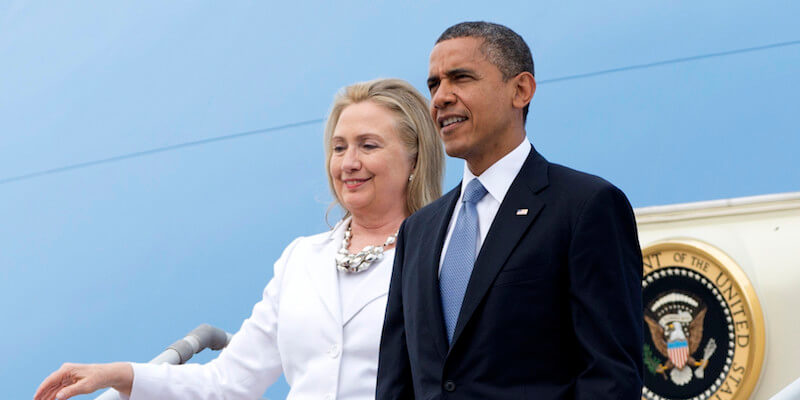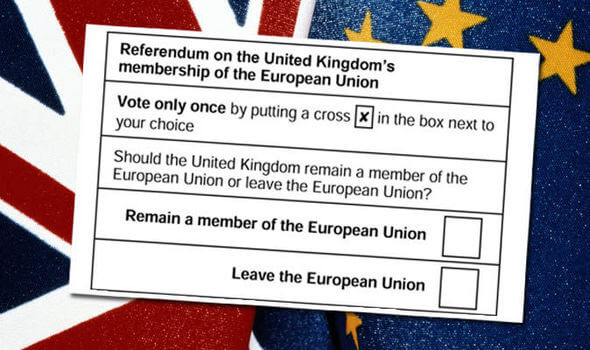The Brexit Debacle: Deal or No deal? Or no Brexit at all?
13 December 2018
UK Prime Minister Theresa May postponed the Brexit deal vote in the British Parliament scheduled for 11 December 2018, as she could not secure sufficient support from her own party and the DUP to get it adopted. The ultimate deadline for this vote is 21 January 2019. The EU sticks to the Withdrawal Agreement with the UK that had been negotiated by Barnier and May – it’s either that deal or a no-deal Brexit. The European Court of Justice confirmed that the UK could unilaterally stop the Article 50 procedure if it wished so – that option means no Brexit at all. A short summary of the key points of the draft Withdrawal Agreement, links to the text and some legal analysis are available at the left leaning ‘Full Brexit’ Website. Interestingly, supporters of that platform disagree about May’s deal with the EU: Chris Bickerton argues for supporting it, Lee Jones for rejecting it.
Costas Lapavitsas points out: “May’s deal does not deliver the clean exit from the Single Market and the Customs Union that people voted for. It is a clear betrayal of the democratic will of the British people.” As before, he proposes a no-deal scenario as the best possible option towards a left exit from the EU. Addressing and criticizing the pro-EU strategy of the leftist ‘Remainers’, Richard Seymour considers: “There are a lot of people saying that a no deal is the only thing that there’s a majority for in the House of Commons. The problem is, that rests on the idea that Labour MPs will vote loyally. I would be surprised if there wasn’t a significant faction of Labour MPs willing to break ranks on this.” In his typical ‘Brexit ambiguity’, trying to unite the leave and the remain segments of Labour’s electoral base, Jeremy Corbyn wants to prevent a ‘no-deal’ outcome, argues for a new customs union with the EU, urges a new general election and possibly another referendum.
Regarding the issue of preventing a hard border between Northern Ireland and the Irish Republic, Sinn Féins leader Mary Lou McDonald points to a referendum on Irish unification. That Sinn Féin is now amongst the strongest defenders of the European Union is another (regrettable) issue. However, at least since the times of Oliver Cromwell, Ireland was subdued to being a European colony of the emerging British Empire. Later on, a neo-colony, even after the creation of the Irish Republic. Northern Ireland attached to the UK is the last remnant of that imperial history. To argue that Northern Ireland belongs to the UK, full stop etc. – what about the Left’s history on ‘anti-imperialism’?
Richard Seymour poses some intelligent questions on Labour’s official Brexit-strategy, on a ‘comprehensive customs union’ etc.: “The EU would likely want to bind the hands of a Corbyn-led government, so would insist on state aid and competition rules, among other things. Labour would be negotiating on the terms of its shackles, in order to have an economy that could sustain its reform agenda. It would be negotiating for wiggle-room. It’s hard to say how well any resulting deal would go down, although the effect of passing any half-sensible deal at all would likely be to temporarily boost the economy.”
As a UK snap election might be around the corner: even amongst Corbyn supporters such as Momentum there are now feverish activities to forge a left-wing coalition for a new referendum and to push Labour towards supporting the ‘remain’ side. Interestingly, in her Guardian column Ellie Mae O’Hagan warns about another peoples vote on Brexit: “Be careful what you wish for.” So, expect turbulent weeks ahead concerning this ball of confusion on Brexit, left or right…
In between Xmas and the New Year, you may like to read thought provoking pieces by Prof. Martin Upchurch (Middlesex University, London) on ‘The Labour Party and post-neoliberalism’ and by Scott Lavery (Sheffield Political Economy Research Institute) on Global Capitalism and Labour’s Economic Programme. An equally interesting piece by Tamasin Cave (from Spinwatch) and Kenneth Haar (from Corporate Europe Observatory) explores how corporate lobbyists have been working to ensure any future EU-UK trade deal delivers maximum benefits and as little disruption to them as possible.











